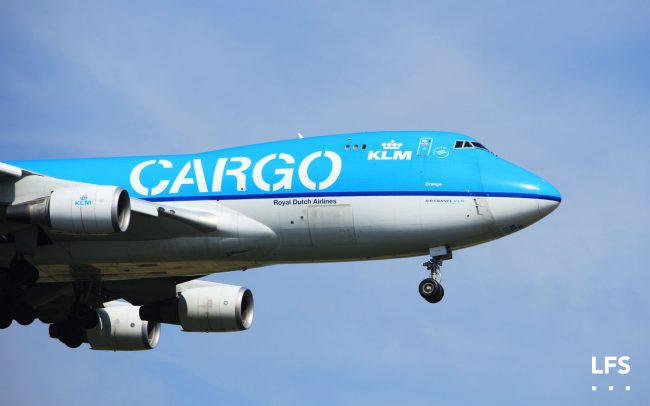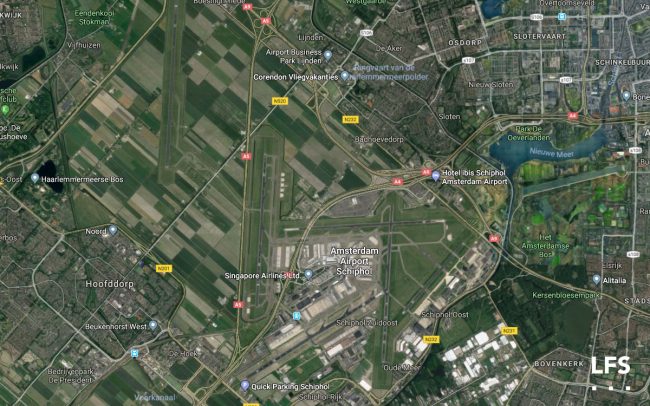December 18, 2017
Will the lack of capacity at Schiphol Airport finally come towards an end?
Schiphol Airport is experiencing exponential growth in the last years and even though the airport is not at its maximum, there is set a maximum limit of 500.000 flights a year. Of these 500.000 flights, 18.000 are full cargo operating flights.
The right to land on Schiphol Airport (i.e. slots) are being preserved by the operators if they succeed in using 80% of their appointed slots. Twice a year – in the transition between summer and winter season – the Schiphol Airport Coordination Netherlands is appointing these slots to the various operators. If 80% of the given slots are not used, the operator will automatically loose the slots, under the motto: “use it or lose it”.
Since most of the cargo-operators are not able to fly on time to meet their slot times, these very slots are passed on to passenger flight operators, causing cargo flights to slowly disappear from the airport, with reduced and limited capacity as a result.
The combination of reduced capacity and the annual last quarter peak is causing tremendous pressure and a serious bottleneck for a lot of parties, including ourselves. Simple economics of supply and demand will teach that little supply and much demand will increase prices, and in this case is heading towards extremes. Our goal is to always offer our clients and partners the best possible service against the best possible price, causing this situation to put – not only us – but a lot of parties in a difficult situation. Our creative and client orientated way of working is – in this situation – crucial in our ongoing goal to build – and most important maintain – long lasting relationships with our valued clients and partners.
Last Thursday an agreement has been reached, called the ‘local rule’, giving cargo-operators more space and time in keeping their slots at Schiphol airport. Finals details are yet to be announced but this might be the solution and end to the current lack of capacity that will restore the balance in our market.

